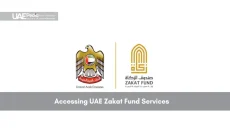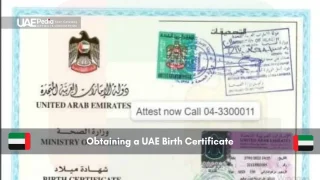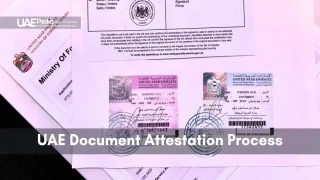Value-added tax (VAT) registration in the United Arab Emirates is key for businesses. Did you know over 253,000 hits have been recorded on this topic? This shows how important it is to know the process.
Are you ready to deal with the tax registration in this growing Gulf nation? Can your business handle the benefits or problems of VAT compliance?
Understanding VAT System in UAE
The VAT system in the UAE is key to the Gulf region’s economy. It started in 2018 and covers most goods and services in the Emirates. Let’s explore the main points about VAT rates and categories in the UAE.
Standard VAT Rate and Zero-Rated Supplies
In the UAE, the standard VAT rate is 5%. This rate is for most goods and services. But, some items are zero-rated, like exports and public education. It’s important for businesses to know about VAT exemptions in the UAE.
Mandatory vs Voluntary Registration Thresholds
Businesses in the UAE must register for VAT if they make over AED 375,000 a year. This is called the mandatory threshold. Businesses making between AED 187,500 and AED 375,000 can choose to register voluntarily. This helps ensure fairness for all businesses.
Important Deadlines and Compliance Requirements
Businesses must file VAT returns every quarter. The deadline is usually the 28th of the month after the period. If they’re late, they might face fines, starting at AED 1,000 for the first time. It’s important for businesses in the Persian Gulf to understand these rules.
| Aspect | Detail |
|---|---|
| Standard VAT Rate | 5% |
| Zero-Rated Supplies | Exports, Public Education |
| Mandatory Registration Threshold | AED 375,000 annual turnover |
| Voluntary Registration Threshold | AED 187,500 annual turnover |
| VAT Return Frequency | Quarterly |
| Late Filing Penalty | AED 1,000 (first offense) |
UAE VAT Registration Guide
Getting a VAT registration in the UAE can be tricky. This guide helps you through the steps and what you need for a smooth process.
Required Documents for Registration
To get a VAT registration in the UAE, you need some important documents. You’ll need a valid trade license and a passport or Emirates ID. Also, you’ll need proof of who can sign for your business.
Financial stuff like bank details and how much money you make is also needed. The UAE’s e-government makes it easy for everyone to submit these documents.
Step-by-Step Registration Process
The first step is to make an EmaraTax account. After logging in, you’ll see a dashboard. Here, you create a Taxable Person Profile.
Then, you fill out a form with your company’s details. Remember, you must register if you make over AED 375,000. But, you can also register if you make more than AED 187,500 if you want to.
Role of Federal Tax Authority (FTA)
The Federal Tax Authority (FTA) is key in handling VAT registrations. They check your application and give you a Tax Registration Number (TRN) if it’s okay. The FTA’s EmaraTax platform is open all the time. It makes it easy for businesses to apply and handle their VAT.
Registration Timeline and Processing Period
VAT registration in the UAE is free. But, it’s important to do it on time. It takes about 20 business days for the FTA to review your application.
Not registering on time can cost up to AED 10,000. So, start the process early to avoid fines and keep your business running smoothly.


















